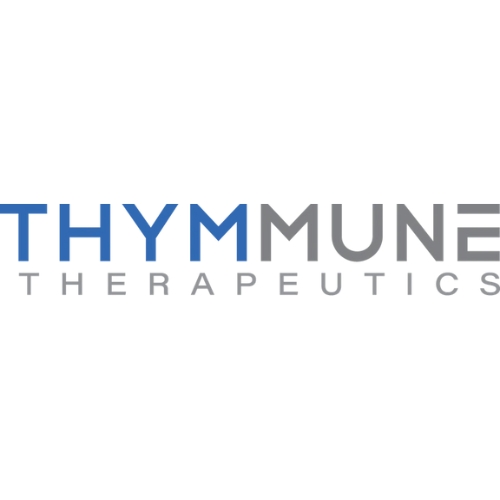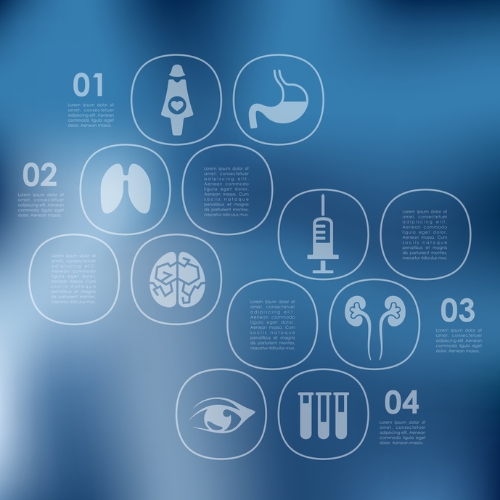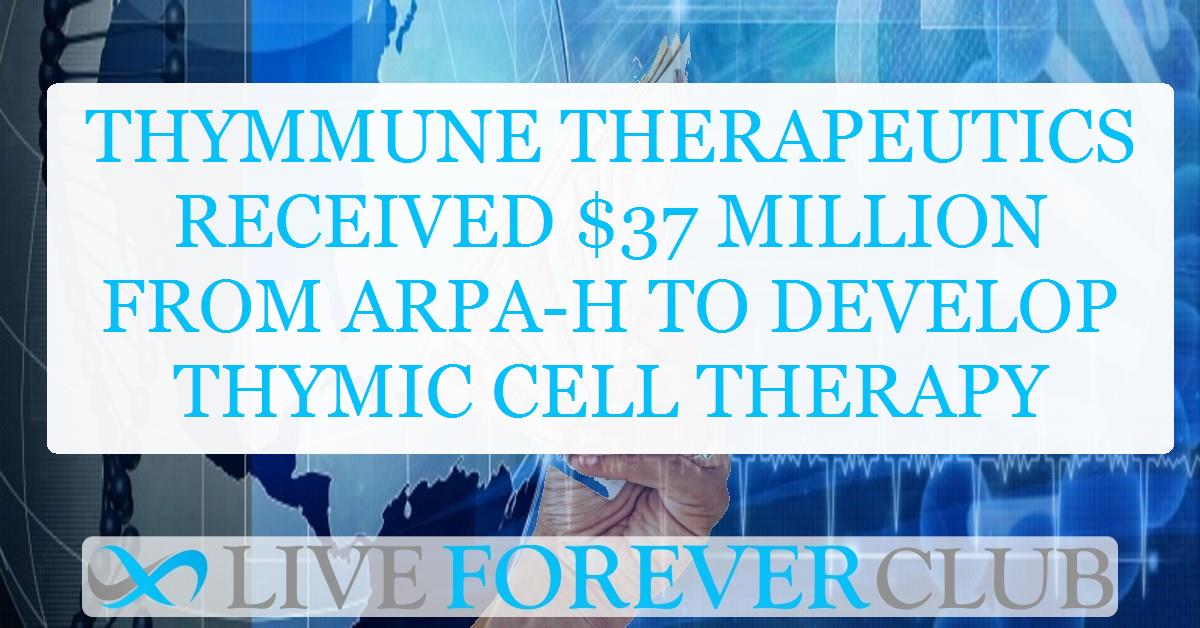Key points from article :
The Advanced Research Projects Agency for Health (ARPA-H) has awarded up to $37 million to Thymmune Therapeutics, a biotechnology company, to restore thymus function.
Thymmune, based in Cambridge, MA, uses machine learning and induced pluripotent stem cell (iPSC) technology to create scalable thymic cell therapies aimed at treating immune deficiencies, autoimmune diseases, and conditions related to aging. This funding supports Thymmune’s efforts to develop therapies that address the critical role of the thymus in immune system health.
The thymus is responsible for the development of T cells, which are essential for fighting infections and diseases. However, as people age, the thymus naturally shrinks, leading to a decline in immune function. This makes older adults more vulnerable to infections and poorer health outcomes. Thymus dysfunction also affects children born without a thymus and patients with congenital thymus defects or damage from cancer treatments.
Thymmune’s project, divided into two phases, focuses on restoring T-cell development through the production of iPSC-derived thymic epithelial cells (iPS-TECs). The first phase aims to develop these cells to treat thymic deficiency in animal models, slowing immune decline. The second phase involves scaling up the production of iPS-TECs for transplantation and engraftment, with the goal of restoring effective immune function in thymus-deficient patients.
This project is part of ARPA-H’s broader effort to support cutting-edge technologies that could revolutionize healthcare. If successful, Thymmune’s work could have far-reaching applications, not only for thymus-related conditions but for enhancing immunity in aging populations.
This is the first industry project funded by ARPA-H’s Open Broad Agency Announcement (Open BAA), which seeks transformative ideas in health research and technology. Future funding depends on meeting key project milestones.







